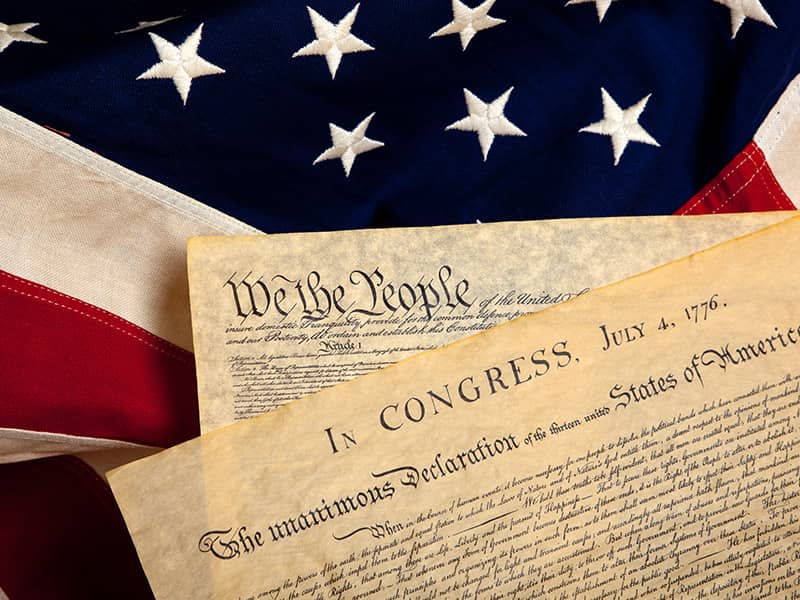The latest polling of Catholics shows a sharp divergence in their voting plans. Almost three-quarters of the Catholics who never go to Mass on Sunday say they support Kerry. Catholics who say they go to Mass every Sunday favor Bush by 52 to 48 percent. It's clear which segment of the Catholic vote each party ought to target, and they have been doing precisely that. But the key distinction here is between Catholics who are primarily secular and Catholics who are primarily religious. A similar phenomenon, I believe, exists among Protestants. All voters intuit that faith inspires Bush in ways that are not apparent in Kerry. The real distinction does not lie in the question of who is or is not "born again," but in who among our politicians--Protestants, Catholics, or others--allow their beliefs to make a significant difference in both their private and their public lives.
One of my children came home from school a few years ago and asked me a curious question. A Protestant friend of hers (we are Catholic) had been at a religious summer camp and had returned with the news that she was born again, that she had accepted Jesus Christ as her Savior, and that she was now certain of salvation, whatever she did. My daughter wanted to know if that was true because, if so, a lot of high school kids would be eager to be born again so that they could go right on doing what they already wanted with the best permission slip imaginable.
We talked this through and agreed that this kind of "free pass to sin" interpretation probably isn't what most born-again Protestants have in mind when they have a deep conversion experience. But I thought of that girl when I read an article by Marvin Olasky recently claiming that George Bush has been born again and that God helped him stop drinking. Olasky notwithstanding, there have been indications that Bush actually doesn't consider himself born again. But since many evangelicals see Bush as one of them, let's give Olasky the benefit of the doubt.
In Olasky's view, someone born again knows he cannot save himself. Therefore, Bush can own up to youthful mistakes. But "John Kerry [a Catholic], once born, has no such spiritual support, nor do most of his top admirers in the heavily secularized Democratic Party." And for Olasky that is the reason Kerry cannot admit his own youthful excesses, which took the form of exaggerations about alleged atrocities in Vietnam.
I here confess that I will not vote for Kerry, partly because of the secularism Olasky rightly identifies. But as someone who shares with Kerry the fact of having been born again in baptism as a Catholic, I want to clarify a few points.
First, I believe that lurking behind this formulation is an old misunderstanding between Protestants and Catholics. Catholics are not "once born." We have been born again in baptism, as have all Christians. And most of us feel a repeated conversion and rebirth of a sort in the sacrament of Confession. Here's another lesson from the children: when he was in grade school, my son did some small, typical boy thing--I even forget what now--that my wife and I told him he had to confess to the priest. I went with him and, when he came out, I explained that he should never do it again, but also that he never needed to feel bad about that particular sin again either. He almost rose off the ground.

